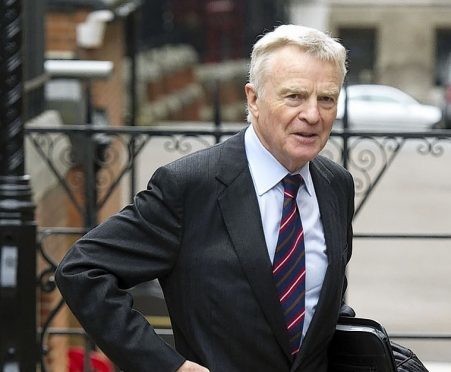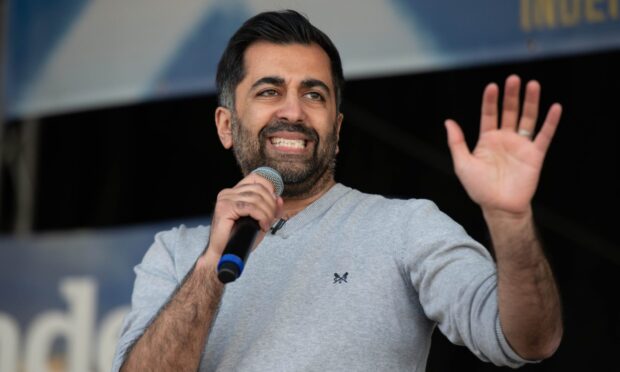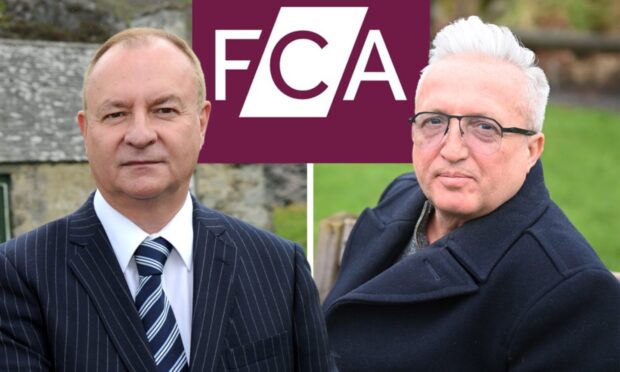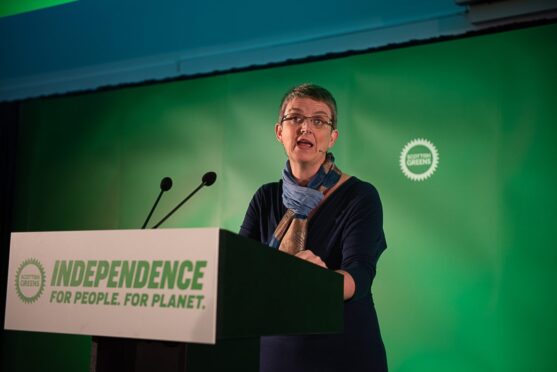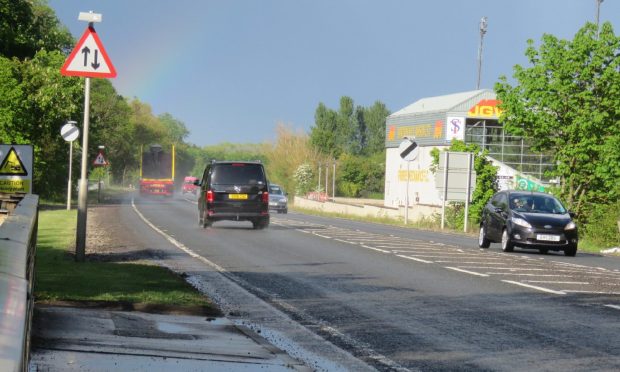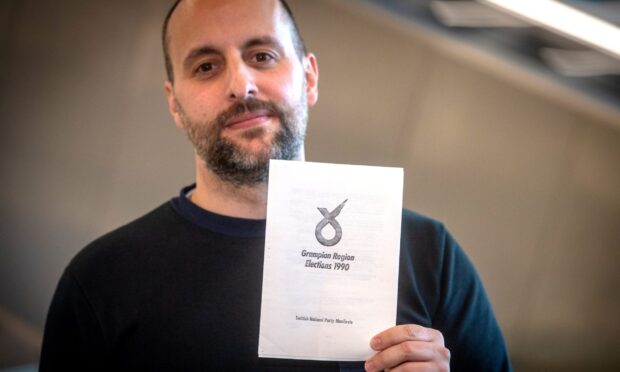Nicola Sturgeon has joined opposition to a press regulation measure she said would “threaten the viability” of local newspapers.
The UK Government is considering whether to implement a law that would mean newspapers forced to pay the legal costs of both sides – even in cases they win.
Scottish ministers say they will not impose such a system north of the border and the first minister appealed to her Westminster counterpart not to do so either.
Papers which sell in England and Wales and are not signed up to an approved regulatorwould be subject to Section 40 of the Crime and Courts Act 2013 if it is enforced by Theresa May’s Conservative administration.
Ms Sturgeon said that while the phone hacking scandal showed the need for the media to improve its behaviour, the measure went “way too far in the wrong direction”.
She said: “I think the behaviour that led to the Leveson Inquiry on the part of elements of the media was unacceptable and despicable and the media has to learn those lessons and has to, in a sense, regulate its own behaviour so that kind of conduct is never seen again.
“But that doesn’t take away from the vital importance in any democracy of a free and questioning media that it is able to hold those in power robustly to account.
“All politicians get frustrated with the media almost on a daily basis but that in itself is a sign the media is doing its job.”
“We, in Scotland, would not legislate in that way and I certainly hope Section 40 will not be implemented in its current form.”
Culture Secretary Fiona Hyslop said: “We have not introduced statutory measures to incentivise participation in the regulatory system, as has happened in Westminster, and I can confirm we have no plans to do so.”
The majority of newspapers in the UK, including The Press and Journal, are members of the Independent Press Standards Organisation (Ipso), which is funded by the industry and has not sought official recognition.
Max Mosley, a financial backer of sole approved regulator Impress and a victim of a newspaper sting, said Section 40 was “eminently fair” and would allow those who are not well off to access justice.
UK Culture Secretary Karen Bradley said that more than 140,000 individual responses were received by the January 10 deadline for a consultation on whether to implement the provision.
